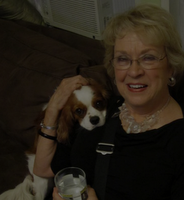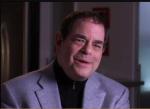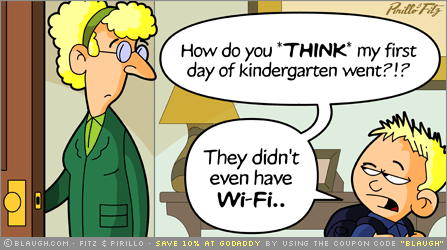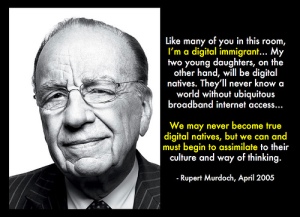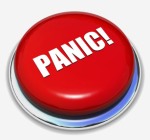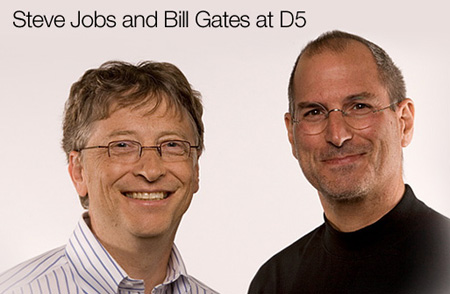I loved Betty Zane Morris. She was my speech professor at Shorter University. I took the regular speech class; I got points off for speaking stilted. My roommate and best friend told me to stop talking like a disc jockey; I was a DJ on a local radio station in high school and college. I learned from Betty Zane how to be natural and engaging in public speaking. I did so well in speech class, so I decided to take her advanced class – Oral Interpretation.
I observed Betty Zane’s Oral Interpretation classes present The Book of Job and knew I could ace it. We had to read something with a dramatic flair – how hard is that? I stood up to read my first piece after hours of practicing and bombed. I can still feel the sweat on my neck and sick feeling in my stomach. It was humiliating – I was so bad I just stopped in the middle of the reading and sat down. I got an “F” for my wimpy performance. I was devastated in front of my favorite professor.
That evening, my sorority was holding an event that required our academic adviser to attend. Betty Zane was our adviser (Shorter was a small college). I avoided her all night. Betty Zane caught up with me after the event, and she asked me to walk with her. She put her arm around me as we walked and told me not to give up. Somehow in that warm exchange between professor and student – I found my voice. Her genuine concern gave me the courage to finish that class with a B. In addition to knowing that dramatic interpretation is not the way I best communicate – I discovered a voice, a point of view and a message that was uniquely my own.
Writing on Purpose
My voice is often confrontational, but honest. I want to give you something that will change the way you think or live. From my experiences, I would rather punch you with my words than bore you into complacency with platitudes. Authenticity is a priority, but it is excruciatingly difficult to write with that brand of honesty. There is always that inner dialogue second-guessing each phrase.
Transparency and emotional nakedness are not easy as pointed out by the authors of The Art of Column Writing. Brennan Manning, in Ragmuffin Gospel writes, “There is a beautiful transparency to honest disciples who never wear a false face and do not pretend to be anything but who they are.” Brennan’s wise writing has guided me through years of pain to find purpose: “In Love’s service, only wounded soldiers can serve.” — Brennan Manning, Abba’s Child: The Cry of the Heart for Intimate Belonging. My open wounds may help another. I want to write with purpose and power and on purpose.
Rock Tumbling
The Art of Column Writing, quotes editor L. Kim Tan of the Boston Globe: “Voice is what makes a column good and personal”. The author comments that every writer is concerned with authenticity, but there is no formula for developing your voice. I know my “voice” as a young adult, like Karp is rough and gritty – a product of life.
Childhood was tempestuous, unpredictable, and insane – not unlike the rock tumbling kit I got as a kid. I would throw in a driveway rock with sand, grit and water. What seemed like weeks of churning on that noisy contraption an ugly rough rock transformed into a thing of beauty. While not physically homeless like Brianna, my heart was displaced from years of an emotionally battered youth. From that experience, for better or worse, my voice emerged.
Suzette Standring best describes reigning in the roughness as a polishing process. She describes your voice as a “rough-cut gem with a potential for brilliant facets.” Polishing, for a writer happens from writing and refining. My childhood, Betty Zane’s Oral Interpretation class, and a thousand other life events have tossed me around with the sand and grit. Every piece I produce, I am pulled out of the rock tumbler and tossed back in for more polishing. There is a hint of hope that one day I will come out of the process a gem of a writer – but I am not there yet. So, I toss myself back in for more polishing.

